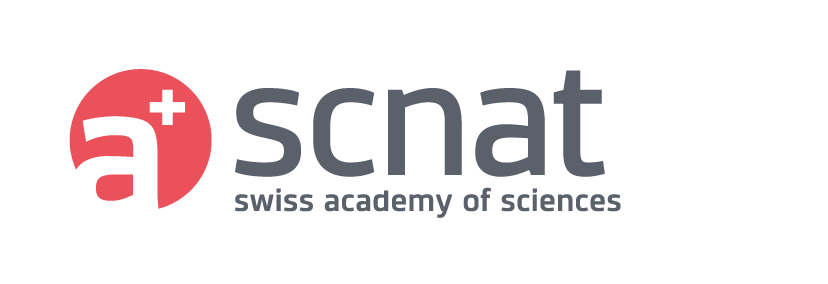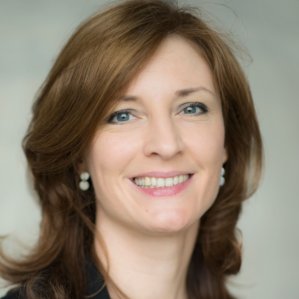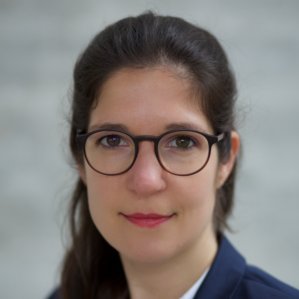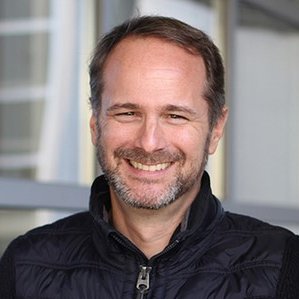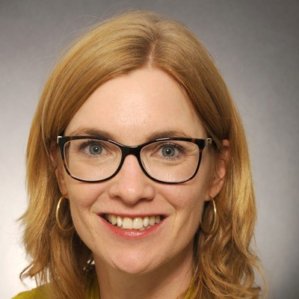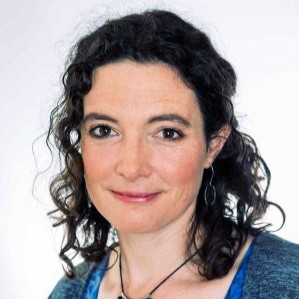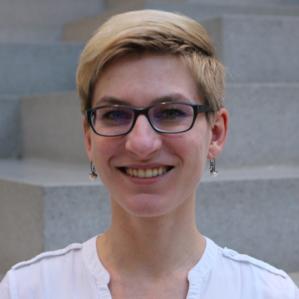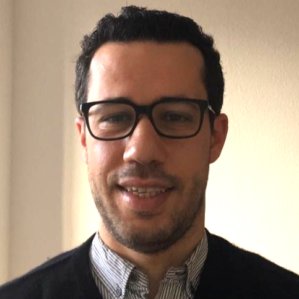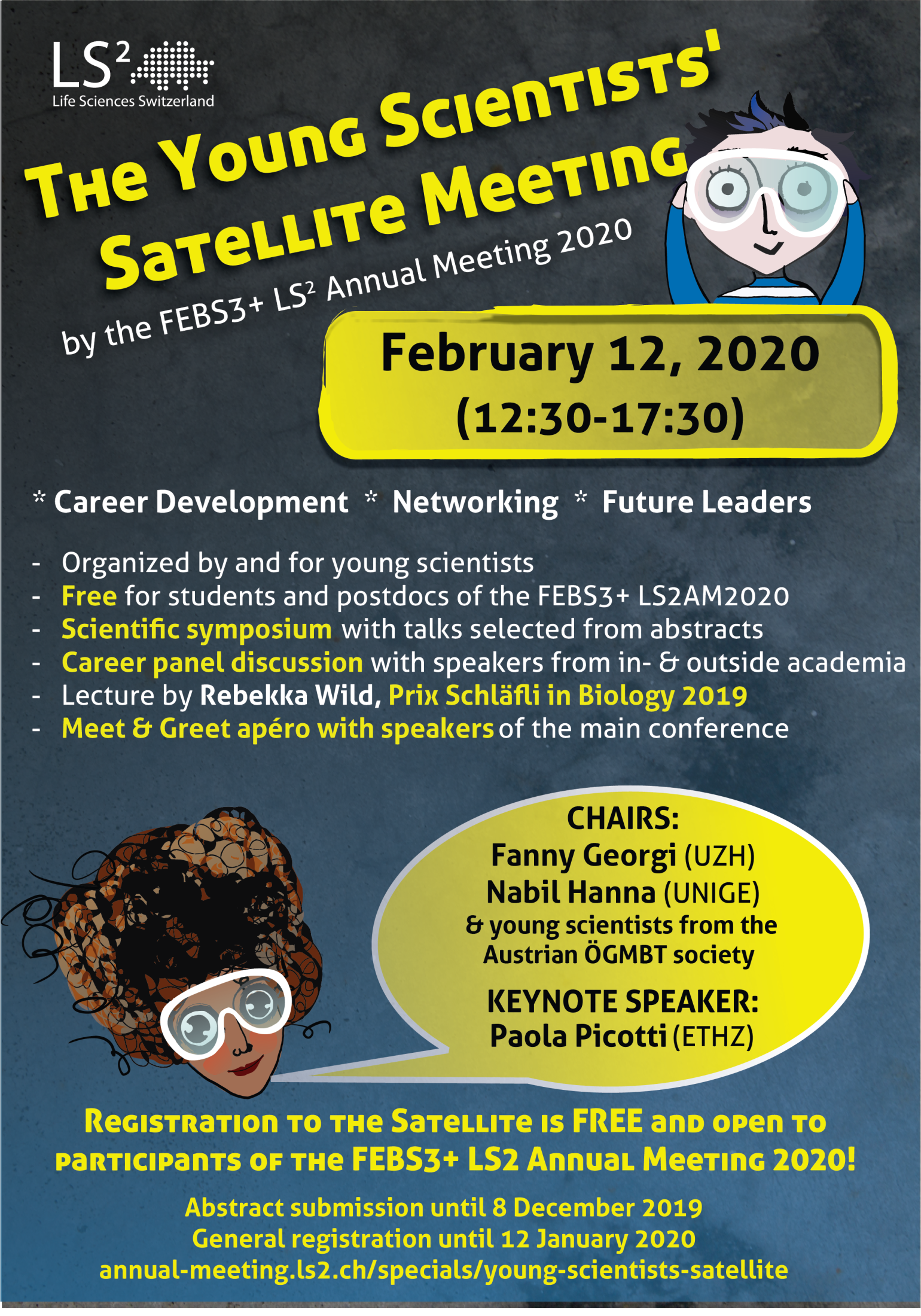Young Scientists' Satellite
NEW IN 2020!
We are excited to host for the first time a Satellite meeting to the FEBS3+ LS2 Annual Meeting 2020, organized by and for young scientists!
This satellite event will be held in the afternoon of February 12th, 2020 (12:30-17:30).
Chairs:
Fanny Georgi (UZH) & Nabil Hanna (UNIGE)
Keynote Speaker:
Paola Picotti, ETH Zurich (CH)
The Young Scientist's Satellite will promote networking among young, non-professorial scientists from Switzerland, Germany and Austria, as well as between them and internationally recognized scientists. Participants will get inspired by the lecture from the invited keynote speaker, Prof. Paola Picotti (ETHZ), who will share her scientific as well as personal experience during the development of her career. The satellite aims to encourage constructive interactions between people from various life science sectors and motivate young scientists in their career development by making them part of a panel discussion. This panel will include 4 speakers, who succeeded in their academic and non-academic careers, such as research group leaders, heads of scientific facilities, start-up creators, project managers, scientific writers and/or disseminators, etc. The discussion will guide, exchange ideas, and open new horizons to the young scientists.
Participants will also have the opportunity to present their scientific work in front of a broad audience of young scientists. Presentations will be in the format of poster and/or 3-8 min talk + 2 min questions. Talks will be selected from submitted abstracts by the chairs of the satellite.
In addition, the winner of the Prix Schläfli in Biology 2019, Rebekka Wild, will give a lecture presenting the work for which she has been awarded. The official award ceremony will take place during the LS2 Annual Meeting 2020, on February 14th at 17:25.
To close the Satellite, a Meet&Greet apéro* with the speakers of the Satellite and plenary and symposia speakers of the LS2Annual Meeting 2020, as well as with chairs and LS2 section delegates will take place. This is an excellent opportunity for scientific exchange and networking, and it will promote the young talents by exposing them to outstanding international group leaders and encouraging their one-on-one discussions.
Registration to the Satellite is FREE and open to participants of the FEBS3+ LS2 Annual Meeting 2020!
- During registration, select the option "I will attend the Young Scientists' Satellite Meeting on Wednesday".
- If you are submitting an abstract to the main meeting, let us know during submission whether you would like your abstract to be also considered for a talk at the Young Scientists' Satellite.
- In addition, select the option "I will also attend the Young Scientists' Meet&Greet apéro riche." if you want to have the chance to talk to our speakers in a more informal atmosphere!
* Places for the Meet&Greet apéro are limited, so register asap!
Final program of the YSS
As part of the Federation of European Biochemical Societies (FEBS3+) Life Sciences Switzerland (LS2) Annual Meeting 2020
Program Details
Keynote Lecture by Prof. Dr. Paola Picotti (ETH Zurich)
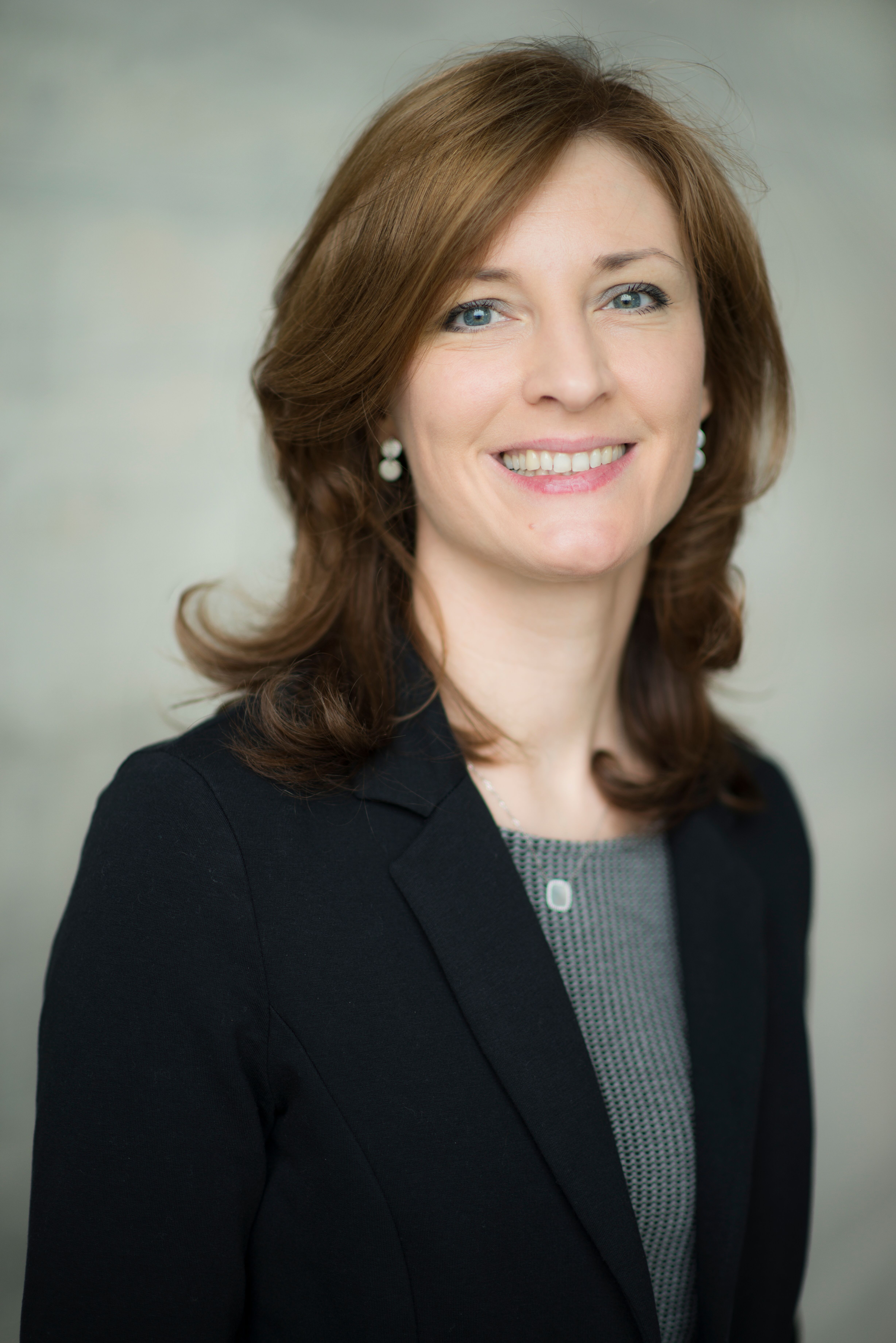
Proteomes in 3D
Gene and protein expression screens are routinely used to identify biological processes deregulated upon disease development or upon specific cellular perturbations. Generating molecular hypotheses from these ‘omic data remains however challenging, and many molecular events that modulate protein function do not involve altered protein or transcript levels. In my talk, I will propose a new concept: that by measuring altered structures of proteins on a global scale we can capture altered functional states of proteins and proteomes and guide the generation of testable molecular hypotheses.
Building on a unique mass spectrometric approach my lab developed, which captures protein structural changes on a proteome-wide scale, we assessed the performance of the global structural readout at analyzing complex phenotypes.
We demonstrated that it can pinpoint altered protein functional states and the (de)regulation of biochemical pathways with high sensitivity. I will present different applications of this concept, including the study of metabolic perturbation and cellular stresses and the analysis of protein-small molecule interactions (e.g. drug targets).
Prefered way to be contacted: picotti@imsb. biol. ethz.ch
Scientific Symposium I
Talks will be selected from the abstracts after the submission deadline
Poster Session
Posters will be selected from the abstracts after the submission deadline
PRIX SCHLÄFLI Award Lecture: Rebekka Wild, PhD (UGA Grenoble, FR)
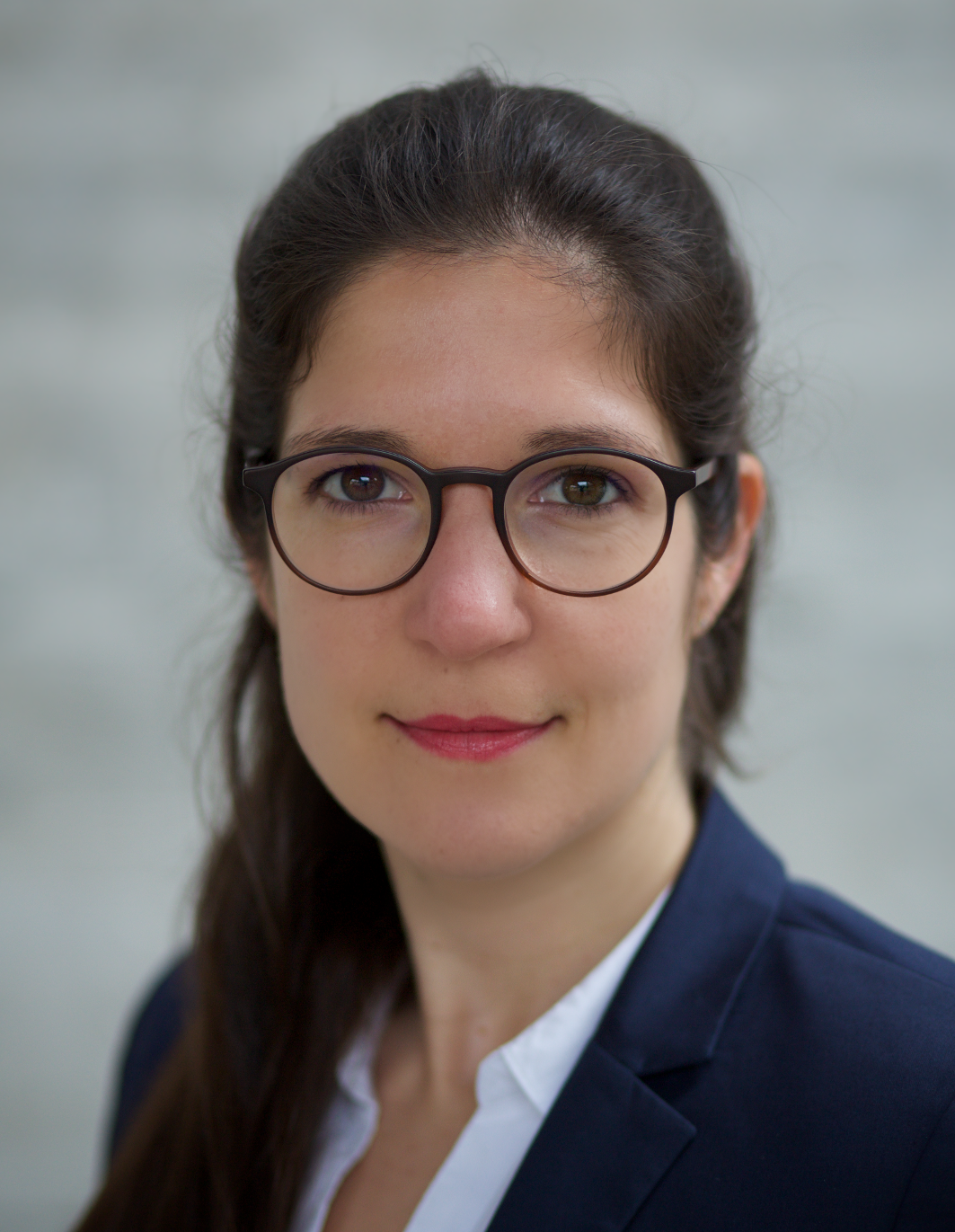
Control of eukaryotic phosphate homeostasis by SPX inositol polyphosphate sensor domains
Rebekka Wild1,2, Ruta Gerasimaite3, Ji-Yul Jung4, Vincent Truffault5, Igor Pavlovic6, Henning Jacob Jessen6, Yves Poirier4, Andreas Mayer3, Michael Hothorn1
1Structural Plant Biology Laboratory, Department of Botany and Plant Biology, University of Geneva, Switzerland.
2Institut de Biologie Structurale, Université Grenoble Alpes, CNRS, France.
3 Department of Biochemistry, University of Lausanne, Switzerland.
4 Department of Plant Molecular Biology, University of Lausanne, Switzerland.
5Department of Biochemistry, Max Planck Institute for Developmental Biology, Tübingen, Germany.
6 Institute of Organic Chemistry, Albert-Ludwigs-University Freiburg, Germany.
Phosphate is an important macronutrient and thus eukaryotic cells tightly regulate their intracellular phosphate (Pi) levels. Pi homeostasis can be maintained by adapting phosphate uptake, storage and transport. However, it is poorly understood how cells sense and signal their phosphate status.
SPX domains are found at the N-terminus of eukaryotic phosphate transporters, inorganic polyphosphate polymerases and signaling proteins. I will present structural, biochemical and genetic evidence that SPX domains are sensors for inositol polyphosphate (InsP) ligands, signaling molecules whose concentration change in response to phosphate availability1. Mutations in the SPX InsP binding pocket impair InsP binding in biochemical binding assays, down-regulate synthesis of inorganic polyphosphate in yeast and reduce phosphate transport in Arabidopsis. Further, InPs trigger the interaction between stand-alone plant SPX proteins with a family of phosphate-starvation responsive transcription factors, thereby controlling the induction of phosphate starvation responses under low Pi.
Taking together, we suggest that InsPs act as novel signaling molecules in fungi, plants and animals. Binding of InsPs allows SPX domains to bind and regulate their downstream signaling partners and thus to regulate phosphate homeostasis in eukaryotes.
References:
Wild, R., Gerasimaite, R., Jung, J.-Y., et al. (2016) Science, V352, 986-990.
Preferred way to be contacted: rebekka . wild @ ibs . fr
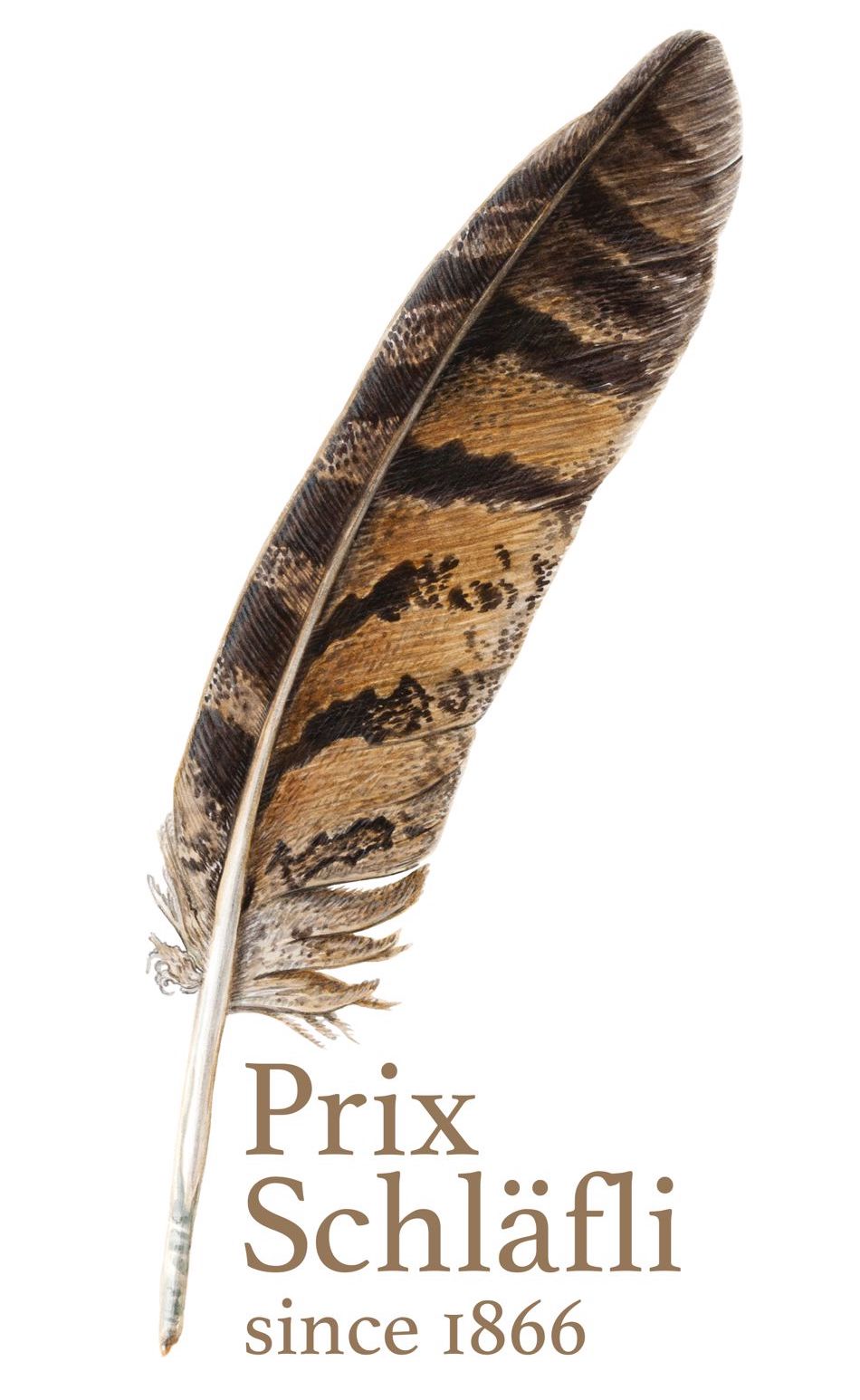
The Prix Schläfli of the Swiss Academy of Sciences (SCNAT) is one of the oldest prizes in Switzerland, rewarding the best Swiss PhDs in the natural sciences. Since the first awarding in 1866, 104 young talents have been distinguished.
The 2020 call is open until October 31, 2019. Find all the information here.
Scientific Symposium II
Talks will be selected from the abstracts after the submission deadline
Career Symposium: How to find one’s career match?
Hosted by Nabil Hanna and Fanny Georgi
About our Speakers and Panelists
Prof. Dr. Paola Picotti
Principal investigator at the Institute of Molecular Systems Biology, ETH, Zurich, Switzerland
Paola studied Pharmaceutical Chemistry and Technology at the University of Padua and completed a PhD in the Molecular Mechanisms of Protein folding at the same university’s CRIBI Biotechnology Center in 2006. After a brief research stint at the MATI Center of Excellence at the University of Udine in 2007, she joined ETH Zurich as a Marie Curie post-doctoral student in Professor Ruedi Aebersold’s group at the Institute of Molecular Systems Biology. She developed a quantitative method of targeted proteomic analysis that enables the behaviour of cellular protein networks to be studied under different conditions. In 2011 she took up a position as an independent group leader at ETH Zurich’s Institute of Biochemistry. Since 2017, she is Associate (Tenured) Professor at ETH’s Institute of Molecular Systems Biology. Paola won many prestigious awards (the latest one is the EMBO gold medal) as a recognition for her outstanding contributions for life sciences in Europe. She is also the recipient of the Juan Pablo Albar Protein Pioneer Award 2018, the Friedrich Miescher Award 2018, the Robert J. Cotter Award 2016, the SGMS Award for independent research 2016 and the ETH Latsis Prize 2012. Paola was awarded many prestigious research grant, among them an ERC starting grant in 2014, and very recently, an ERC consolidator grant that will help her continue her breakthrough research.
Preferred way to be contacted: picotti @ imsb . biol . ethz . ch
Dr. Ute Budliger
CEO Dr. Budliger GmbH Institute for Horticultural Therapy and “Flower Your Mind” and Program Manager of the feminno career programme of the Zurich-Basel Plant Science Center, Switzerland
Following studying Horticultural Engineering in Osnabrück and Plant Biotechnology at the University of Wageningen, Ute did her PhD at the Max Planck Institute for Plant Breeding Research in Cologne. Ute is a true all-rounder. Following two PostDocs at the University of Florida and the University of Bonn, she joined Syngenta and soon became Technical Lead for Crop Protection. Today, she is the founder of her own company, the Dr. Budliger GmbH Institute for Horticultural Therapy and Flower Your Mind to support the physical and mental health of people across all ages. She is also the president of the Swiss Society for Horticultural Therapy (sggta). As Program Manager of the feminno program, she supports the career development of female scientists interested to transition into industry or mature own ideas into innovation.
Preferred way to be contacted: Info @ floweryourmind . ch
Dr. Oliver Biehlmaier
Head of Imaging Core Facility, UNIBAS and LS2Microscopy board, Basel, Switzerland
Oliver studied Neurobiology at the University of Tübingen and completed his PhD at the same university in Professor Konrad Kohler’s lab, where he studied the development and regeneration of the zebrafish retina. In 2003, Oliver became a Research Associate in the laboratory of Professor Stephan Neuhauss at the Institute of Zoology at the University of Zurich where he continued working on the zebrafish retina. In 2008, he moved to ETH Zurich as an advanced light microscopy specialist at the Light Microscopy Centre. Since 2011, Oliver is the Head of the Imaging Core Facility of the Biozentrum in Basel, a technology platform opening up the use of cutting-edge light microscope techniques for researchers in Basel. Since February 2019, Oliver is the first president of the LS2 Microscopy intersection, which aims to improve knowledge transfer within the microscopy community and with life scientists in Switzerland.
Preferred way to be contacted: oliver . biehlmaier @ unibas . ch
Dr. Barbara Janssens
Head of DKFZ Career Service & Alumni Relations, German Cancer Research Center, Heidelberg, Germany
Barbara studied Biotechnology at Ghent University in Belgium, got insights into how research is done across Europe during stays at Uppsala BMC in Sweden, EMBL in Germany and NKI in the Netherlands and obtained her PhD at the Flemish Intitute for Biotechnology (VIB) in Ghent for her research on novel alpha-catenins. She continued her tour across Europe with a Postdoc at the Institut Curie in Paris, France, before she joined Wiley-Blackwell as a Trainee and became Managing Editor / co-Editor-in-Chief of Biotechnology Journal. Thanks to her broad experience, she started to give workshops in Scientific Writing. In 2011, she joined the German Cancer Research Centre (DKFZ) in Heidelberg and set up the PhD Career Service and is now the Head of DKFZ Career Service & Alumni Relations. In 2014, she co-initiated a group for careers advisers supporting researchers in Europe (CARE).
Preferred way to be contacted: LinkedIn and b . janssens @ dkfz . de
Meet & Greet Apero
To close the Satellite, we will invite the participants to a Meet&Greet apéro with the speakers of the Satellite, plus early-arriving plenary, symposia speakers of the LS2 Annual Meeting 2020, chairpersons, FEBS3+ co-organisers from GBM and ÖGMBT and LS2 section delegates. This is an excellent opportunity for scientific exchange and networking, and it will promote the young talents by exposing them to outstanding international group leaders and encouraging their one-on-one discussions.
About the Chairs
Dr. Fanny Georgi, University of Zurich
PhD student at the Department of Molecular Life Sciences, University of Zurich, Representative of the Junior Academic Researchers of the University Zurich (VAUZ) and regular volunteer for Life Sciences Switzerland (LS2).
Fanny studied Molecular Biotechnology at the University Heidelberg, where she discovered her passion for molecular engineering. Together with the Team Heidelberg, she won the student research competition on synthetic biology iGEM (international genetically engineered machines) competition in 2013. In 2015, she joined the lab of Prof. Urs Greber at the University of Zurich for her PhD, where she studies the spatio-temporal pattern of viral spread and novel inhibitors of viral infection. She enjoys bringing people together to discuss (how we do) research and to communicate science to the general public. Consequently, Fanny has early on started to encourage peers to explore careers options as regional chair of the Biotechnological Student Initiative (btS e.V.) and mentor at her program at Heidelberg. As representative for PhDs, PostDocs and Assistants at the University of Zurich, she remains strongly engaged in participation of the next generation of scientists.
Preferred way to be contacted: fanny . georgi @ uzh . ch
Dr. Nabil Hanna, University of Geneva
Research scientist at the department of Biochemistry, University of Geneva.
Nabil studied microbiology at the University of Balamand, Lebanon. In 2008, he joined the lab of Dr. Stephan Kohler in Montpellier for his PhD, after obtaining his personal fellowship from the CNRS, where he studied the characterization Brucella intracellular niche. In 2012, Nabil moved to EMBL-Hamburg to pursue his postdoctoral studies in Matthias Wilmanns group and his research focused on the molecular and biochemical characterization of a post-translational modification in M. tuberculosis. Since 2016, Nabil joined Thierry Soldati’s group at the University of Geneva as a “Maître assistant” and his project focuses on the characterization of anti-infective drugs against mycobacteria using high throughput NGS techniques. Nabil recently obtained a 3R prize in recognition of his research project which aims at reducing the number of animals used in research.
Preferred way to be contacted: Nabil . Hanna @ unige . ch
Sponsors of the Satellite Meeting
The Satellite meeting is kindly supported by the Platform Biology of the Swiss Academy of Sciences (SCNAT).
